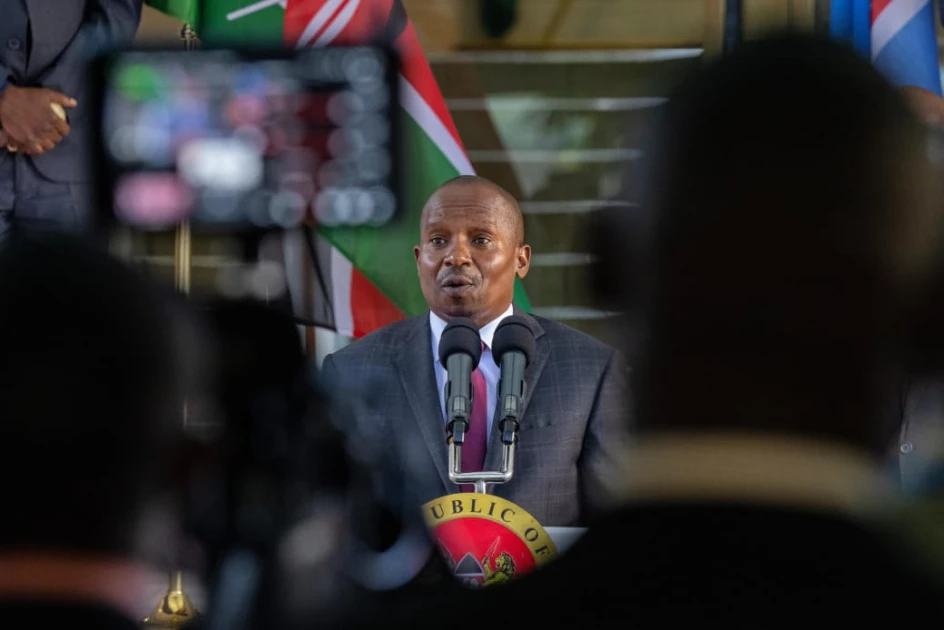The Auditor General’s recent report has shed light on the irregular expenses in the construction of stadiums across various counties, raising alarms over-inflated government expenditure and questionable procurement practices. The report reveals that the taxpayer-funded construction of Wang’uru Stadium incurred a cost of Ksh. 696 million, with an additional Ksh. 76.5 million increase, sparking concerns over the lack of transparency and accountability in project management.
Similarly, the Auditor General flagged Kirigiti Stadium in Kiambu County, where the total cost ballooned to Ksh. 1 billion, representing a Ksh. 148 million increases. The lack of proper approval documents and breaches of procurement laws underscored significant deficiencies in project oversight.
Taxpayers suffered a loss of Ksh. 57 million in the construction of Jamhuri Posta Grounds, with accusations of direct procurement contrary to legal requirements and funds exceeding engineer valuations. Incomplete work, including the absence of installed electricity and missing floodlights, further compounded suspicions surrounding the project’s execution.
The upgrading of Jomo Kenyatta Showground in Kisumu, costing Ksh. 350 million, raised concerns about value for money and accountability. Auditors uncovered missing metal covers and extensive vandalism, casting doubts on the project’s integrity and adherence to quality standards.
These revelations point to a troubling pattern of mismanagement, inflated costs, and disregard for procurement regulations in government-funded stadium projects. Taxpayers’ money is at risk due to inadequate oversight and accountability mechanisms, highlighting the urgent need for transparent and responsible governance in public infrastructure development.
As the Auditor General’s report brings these irregularities to light, calls for thorough investigations and accountability measures grow louder, emphasizing the importance of safeguarding public resources and upholding ethical standards in government projects.





